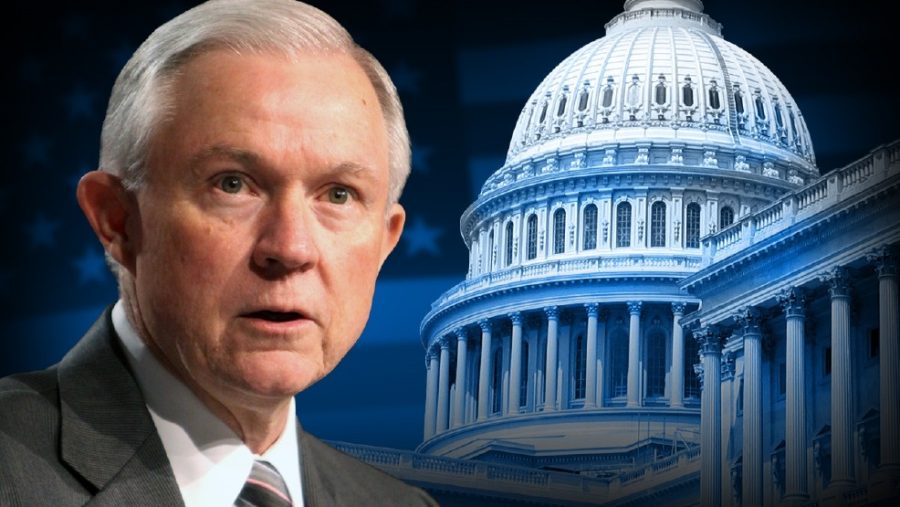Senators tell Trump administration to expand medical cannabis research
Thor Benson / Cannabis News Box Contributor
A bipartisan group of senators recently sent the Trump administration letters asking that they expand research on medical cannabis. One letter was sent to Robert Wilkie, the head of the Department of Veterans Affairs, and the other was sent to Attorney General Jeff Sessions.
The letter to Wilkie focuses on researching how medical cannabis could help veterans with PTSD, and the letter to Sessions focuses on increasing the number of places that can produce cannabis for government research.
“We strongly encourage VA to take its cues from veterans, who, according to The American Legion’s survey of its membership, overwhelmingly support research into medicinal cannabis. We, and all of our nation’s veterans look forward to your prompt response,” the letter to Wilkie states.
“Marijuana’s impacts are being felt every day across the country—with or without research,” the letter to Sessions says. “It is imperative that our nation’s brightest scientists have access to diverse types of federally-approved, research-grade marijuana to research both its adverse and therapeutic effects.”
Paul Armentano, NORML’s deputy director, told Cannabis News Box that researchers currently rely on cannabis from the University of Mississippi that is often hard to get. According to reports, it’s also not very good cannabis. He said there is also a lack of federal funding for these studies.
Armentano noted that this administration has refused to acknowledge how cannabis could be beneficial for veterans dealing with PTSD, which is extremely disappointing. If Wilkie will listen to these senators, our veterans could be in a better place. Around 22 veterans commit suicide daily, often because of problems like PTSD.
“It must be acknowledged that despite existing barriers to research, ample studies already exist to contradict cannabis’ federal, Schedule I status as a substance without medical utility, lacking acceptable safety, and possessing a high potential of abuse,” Armentano said. “More clinical research is welcome, but unfortunately science has never driven marijuana policy. If it did, the United States would already have a very different policy in place.”
These letters make it clear that cannabis legalization is becoming a bipartisan issue now more than ever. If the government would actually let researchers do the work that needs to be done to study the benefits of cannabis, for medical reasons, it could benefit countless Americans. It would seem there are few drawbacks to allowing more research to occur because it would simply mean we would understand cannabis better than we currently do.













